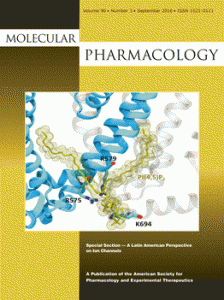 A doctoral student at the University of Houston in Texas will not receive his PhD, following an institutional investigation into his work.
A doctoral student at the University of Houston in Texas will not receive his PhD, following an institutional investigation into his work.
Mousa Abkhezr, the researcher in question, is no longer enrolled at the University of Houston, his former supervisor told us.
In June, the probe into papers co-authored by Abkhezr resulted in the retraction of a study in the American Journal of Physiology – Renal Physiology (AJP). Now, his ex-supervisor, Stuart Dryer, has pulled two more papers co-authored by the pair in Molecular Pharmacology.
Here’s the retraction notice for “Angiotensin II and Canonical Transient Receptor Potential-6 Activation Stimulate Release of a Signal Transducer and Activator of Transcription 3–Activating Factor from Mouse Podocytes:” Continue reading Researcher denied PhD after “recklessly” committing misconduct

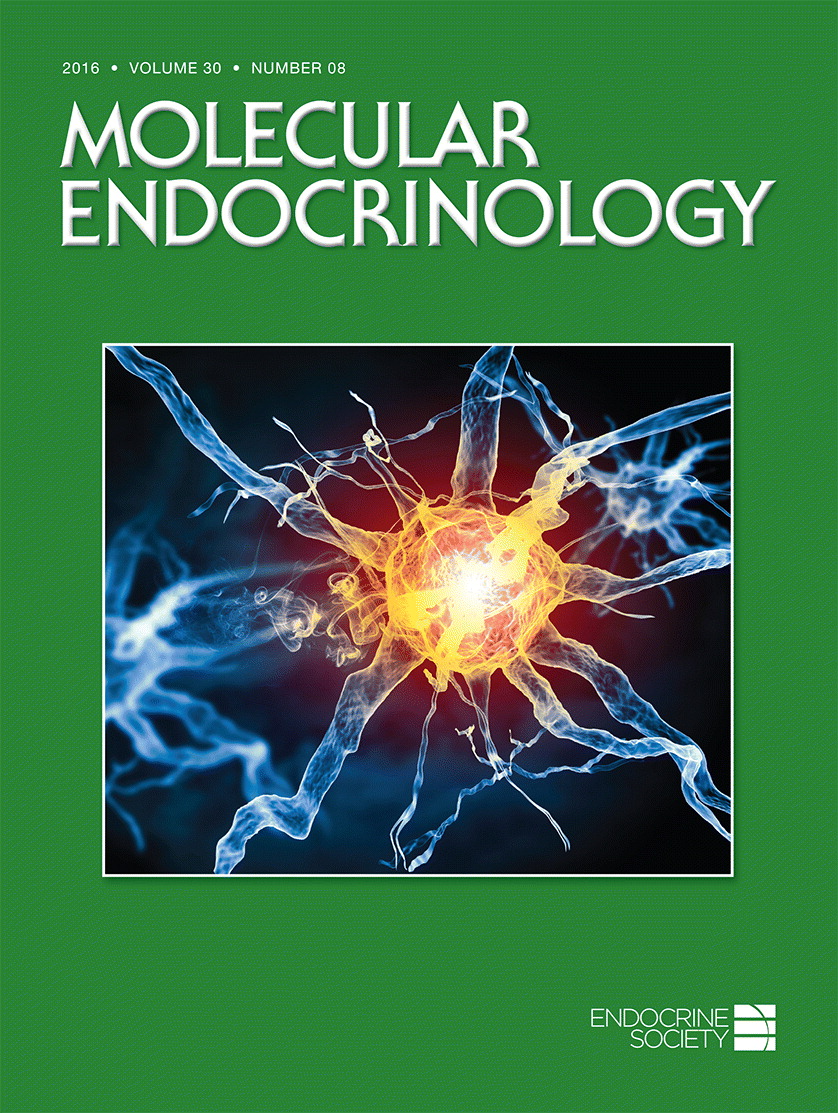 A research fellow at Harvard Medical School
A research fellow at Harvard Medical School 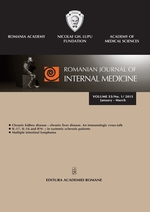
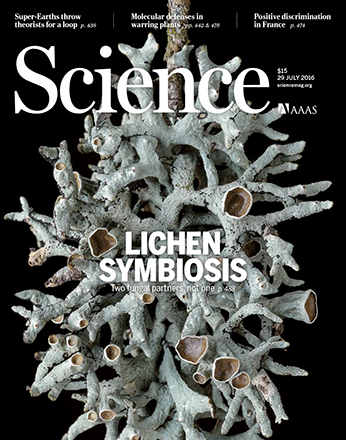 Science is considering adding an expression of concern (EOC) to a June paper that
Science is considering adding an expression of concern (EOC) to a June paper that  A journal has retracted a paper for a somewhat unusual reason — and swapped the article with an entirely new paper by different authors.
A journal has retracted a paper for a somewhat unusual reason — and swapped the article with an entirely new paper by different authors.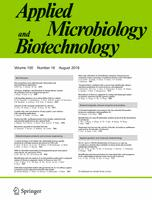
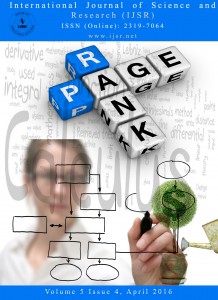

 A plastic surgery journal has retracted a paper after a researcher claimed it contained three figures without his permission.
A plastic surgery journal has retracted a paper after a researcher claimed it contained three figures without his permission.